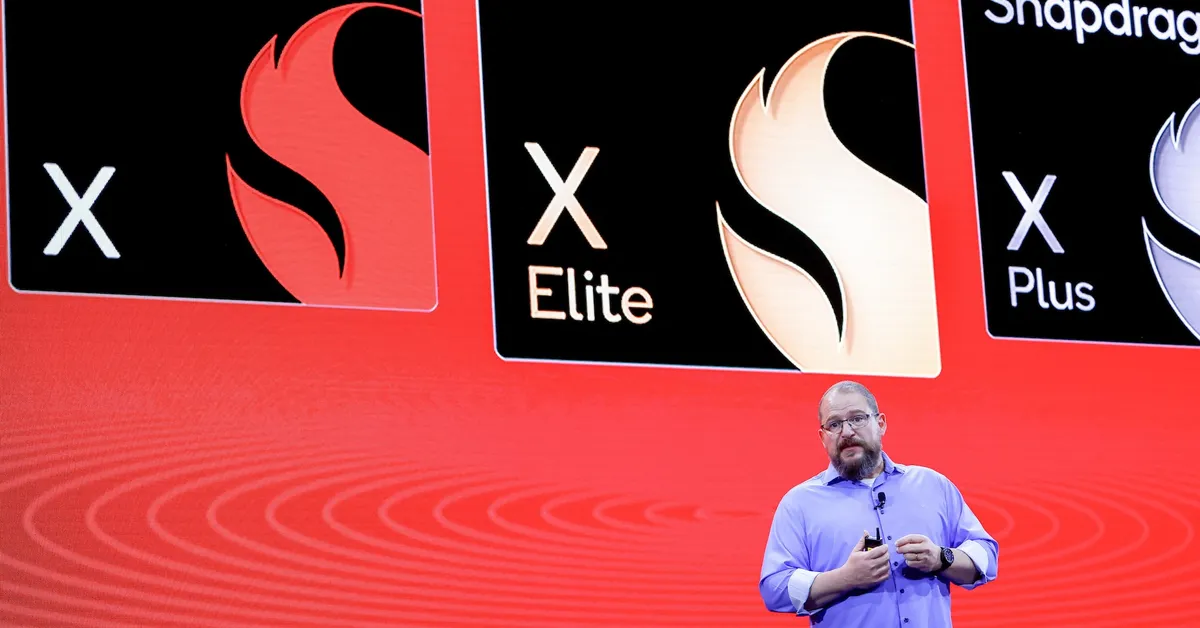
Qualcomm has announced a significant return to the data center CPU market by developing custom central processing units (CPUs) that leverage technology from Nvidia. This strategic move aims to enhance connectivity with Nvidia's powerful artificial intelligence chips, which are currently leading the market.
Nvidia's chips have become a cornerstone in the realm of artificial intelligence, often requiring compatible CPUs to optimize their performance. Traditionally, this sector has been dominated by major players such as Intel and Advanced Micro Devices (AMD). However, in recent times, Nvidia has ventured into the CPU landscape itself, introducing its own Grace CPU that utilizes technology from Arm Holdings.
On Monday, Qualcomm confirmed its renewed commitment to the data center CPU sector. In the early 2010s, Qualcomm had initiated the development of an Arm-based CPU and conducted tests in collaboration with Meta Platforms. However, due to budget cuts and legal challenges, those efforts were halted. Following the acquisition of a team of former Apple chip designers in 2021, Qualcomm has resumed its ambitions in this field, reigniting discussions with Meta regarding a new data center CPU.
In addition to its collaboration with Meta, Qualcomm recently announced a letter of understanding with Humain, a Saudi Arabian AI firm, to co-develop a custom data center CPU. This partnership highlights Qualcomm's intention to tailor its products to meet specific market needs, particularly in the growing AI sector.
Qualcomm's upcoming CPUs will incorporate Nvidia's technology, enabling them to communicate swiftly with Nvidia's graphics processors (GPUs), which form the backbone of its AI chip offerings. Cristiano Amon, Qualcomm's CEO, emphasized that this integration will promote a shared vision of high-performance and energy-efficient computing solutions for data centers.
As Qualcomm re-enters the data center CPU market, its collaboration with Nvidia and other partners positions the company to compete effectively against established CPU manufacturers while catering to the increasing demands of AI and data processing.